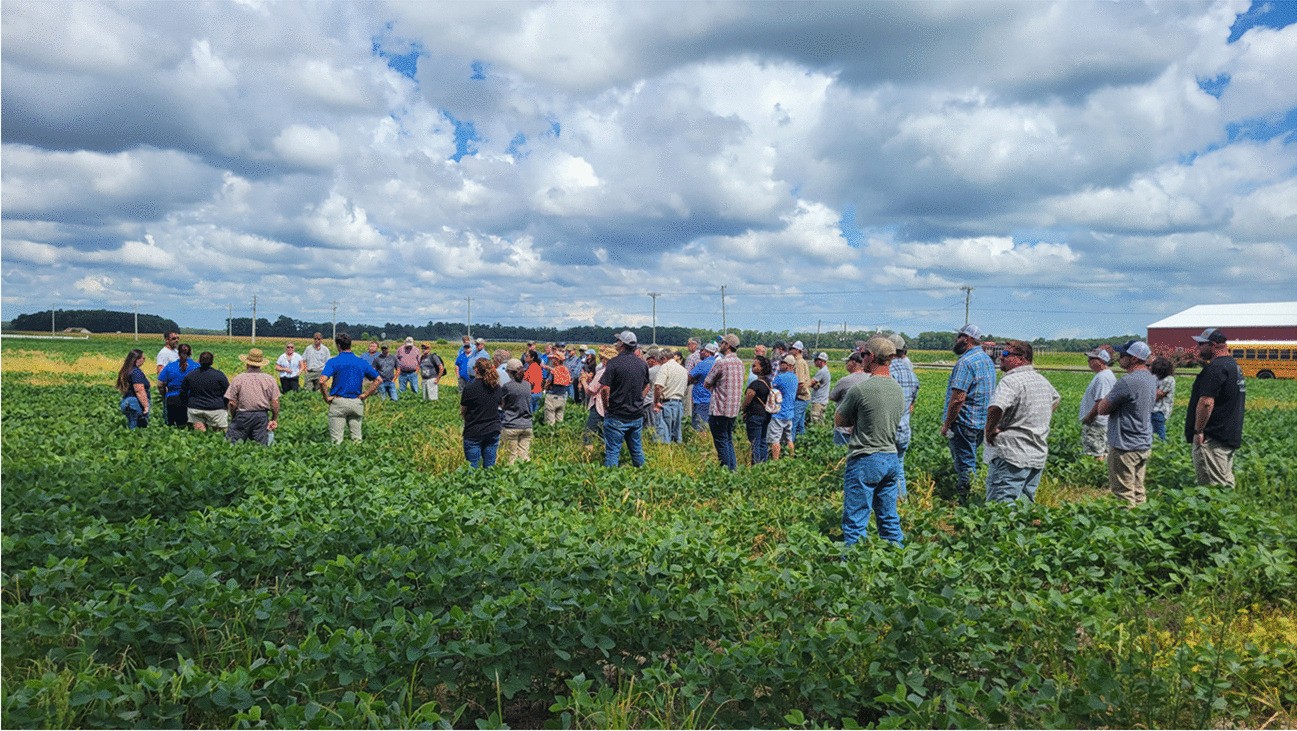
On-farm research with farmer participation is promoted as a transformative approach that increases inclusivity and innovation within agricultural research, ultimately improving research quality and outcomes. However, little is known about the farmers who participate in on-farm research (i.e., research farmers) or how well these farmers represent the broader agricultural community, including farmers not involved in research (i.e., non-research farmers). This gap in knowledge raises questions about both the application and generalizability of on-farm research findings as well as the equitable distribution of on-farm research benefits among farmers. In this study, we examine how research farmers’ behavior and perceptions differ from non-research farmers using two online surveys among US row crop farmers, focused on cover crops (N = 211). We find that among farmers that have engaged in cover cropping, research and non-research farmers are demographically nearly identical; however, there are several significant differences between the two farmer groups’ perceptions, social networks, and on-farm management. Here, we show for the first time that research farmers perceive cover cropping practices as less challenging and are more willing to engage in innovative cover crop practices compared to non-research farmers. Research farmers also exchange farming information with more people and are more willing to share their farm data, compared to non-research farmers. Given these findings, we consider the practical and epistemological consequences of extending insights gained from working with research farmers to the broader agricultural population. Our results highlight potential implications for farmer communication and engagement strategies, especially among those farmers who are not typically involved with on-farm research activities.



